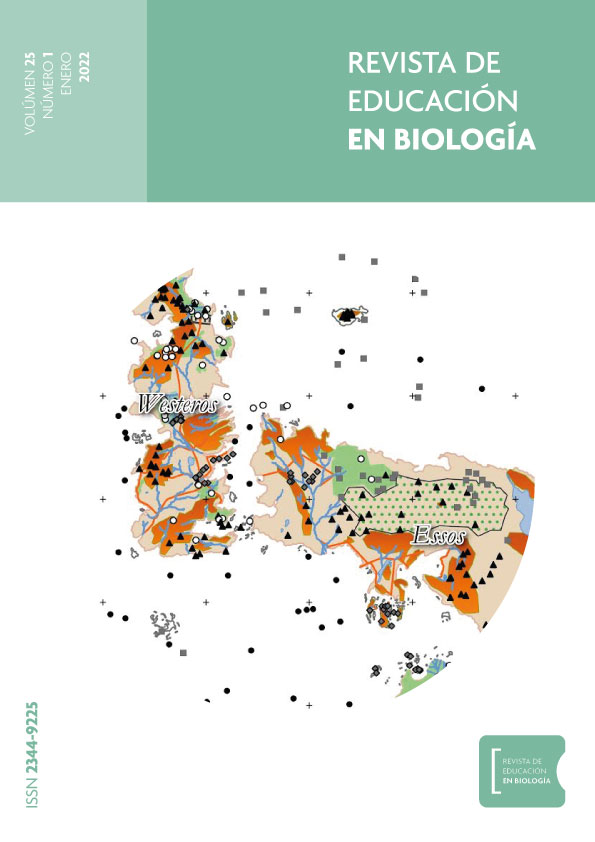Implementation of Integral Sex Education in the Basic Cycle of the Eldorado Agrotechnical School - Misiones
Main Article Content
Abstract
The purpose of this thesis was to investigate, through an exploratory-descriptive study, how the National Law of Integral Sexual Education No. 26,150 (ISE) is implemented in the basic cycle of the Eldorado Agrotechnical School, belonging to the National University of Misiones. It was studied in which curricular spaces the subject is approached, and from what perspective it is developed, in order to then compare the objectives, set forth by the ISE Law with the educational practices carried out by the teachers in the institution. The research becomes more complex when including the inquiry about participation and the difficulties that teachers present when implementing ISE in their curricular spaces. To achieve the objectives, various combined methodological, qualitative and quantitative strategies were used to obtain data, such as analysis of didactic plans, teacher surveys and interviews with authorities, using methodological triangulation in order to contrast and validate the results. Their analysis shows the institutionalization and curricularization of ISE in this cycle of the school studied, with the implementation of various educational activities in which good ISE pedagogical practices are denoted. It is considered that the results obtained are highly positive in relation to the implementation of the ISE and allows, in turn, to guide some proposals for improvement.
Article Details

This work is licensed under a Creative Commons Attribution-NonCommercial-ShareAlike 4.0 International License.
Aquellos autores/as que tengan publicaciones con esta revista, aceptan los términos siguientes:- Los autores/as conservarán sus derechos de autor y garantizarán a la revista el derecho de primera publicación de su obra, el cuál estará simultáneamente sujeto a la Licencia de reconocimiento de Creative Commons que no se permite un uso comercial de la obra original ni de las posibles obras derivadas, la distribución de las cuales se debe hacer con una licencia igual a la que regula la obra original.
- Los autores/as podrán adoptar otros acuerdos de licencia no exclusiva de distribución de la versión de la obra publicada (p. ej.: depositarla en un archivo telemático institucional o publicarla en un volumen monográfico) siempre que se indique la publicación inicial en esta revista.
- Se recomienda a los autores/as difundir su obra a través de Internet (p. ej.: en archivos telemáticos institucionales o en su página web) después del proceso de publicación, lo cual puede producir intercambios interesantes y aumentar las citas de la obra publicada. (Véase El efecto del acceso abierto).
How to Cite
References
No se incluye bibliografía

